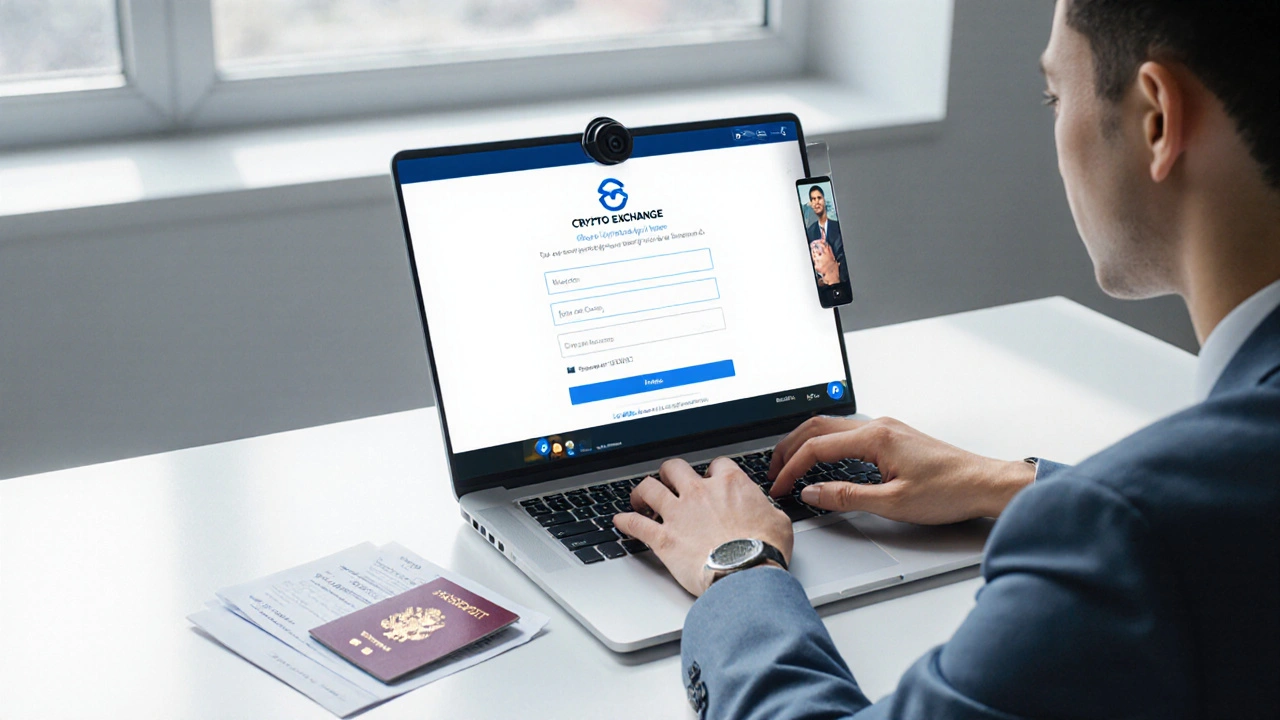Glock vs. Smith & Wesson: The Lawsuit Explained
September 30 2025Identity Verification: How It Works, Why It Matters & Real‑World Uses
When dealing with identity verification, the process of confirming a person’s claimed identity using documents, data, or biometrics. Also known as user authentication, it keeps online services from fraud and protects personal data. Identity verification encompasses KYC processes, requires biometric data, and influences digital identity management. In plain terms, it’s the gatekeeper that makes sure the person on the screen is really who they say they are.
Key Components of Identity Verification
One core piece is KYC, Know‑Your‑Customer checks that compare a user’s information against official records. Another pillar is biometrics, fingerprint, facial or voice scans that tie a physical trait to a digital profile. Finally, digital identity, a collection of online credentials that represent a person in the virtual world ties everything together. Together they form a three‑step loop: collect reliable data, validate it against trusted sources, and store the result in a secure, reusable format. This loop works for everything from opening a bank account to signing up for a shooting range membership, and even for buying a coffee with a mobile wallet.
Why does all this matter? Because the same tools that stop a prankster from stealing your crypto also keep a pharmacy from giving the wrong medication. In the gun community, a verified ID lets ranges enforce age limits and track safety training records. In the health space, it ensures you get the right dosage advice from a pharmacist. In finance, it lets exchanges comply with anti‑money‑laundering rules while still letting you trade Bitcoin. Each scenario relies on the same underlying concepts: trustworthy documents, reliable biometric checks, and a secure digital identity framework. Below you’ll find a range of articles that dig deeper into how identity verification shapes crypto markets, protects your health, and supports safe shooting sports. Keep reading to see practical tips, real‑world examples, and step‑by‑step guides that will help you apply these ideas to your own life.
 4 Oct
4 Oct
Understanding KYC on Crypto Exchanges
Learn what KYC means for crypto exchanges, why it's required, how the verification works, regional differences, pitfalls, and future trends.
Read More...




